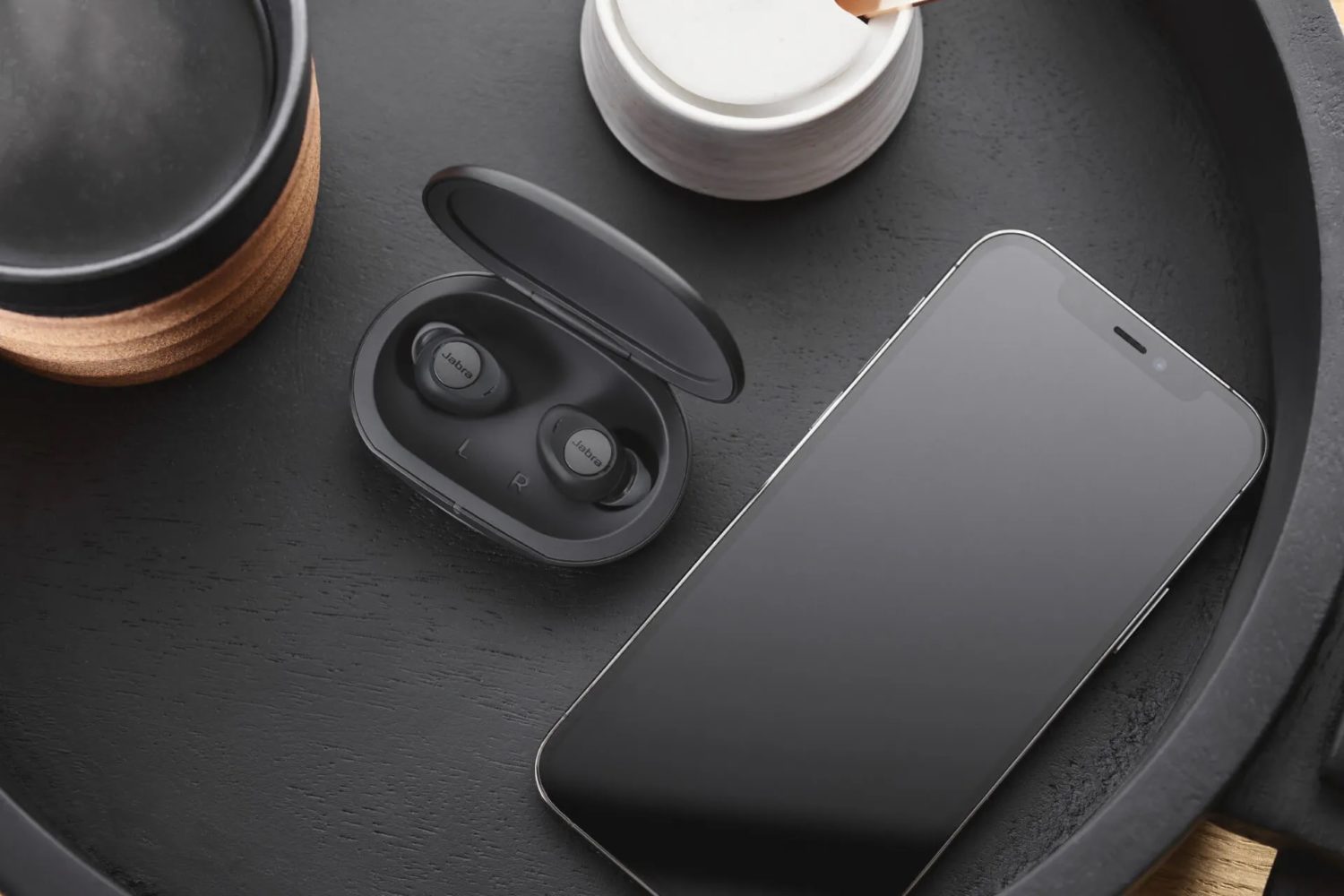The summer of 2022 brought big change for anyone interested in buying a hearing aid. As of August 16, the Food and Drug Administration (FDA) announced that it will now allow for over-the-counter (OTC) sale of hearing aids.
Knowing that untreated hearing loss brings major health risks that range from cognitive decline through depression, this is fantastic news! OTC hearing aids will open up more access to better hearing for millions of Americans with perceived mild-to-moderate hearing loss.
With affordable OTC hearing aids available to pick up on a quick stop at the local pharmacy, why would anyone go see an audiologist and get a prescription hearing aid?
OTC hearing aids may work for mild-to-moderate hearing loss
The 2022 FDA ruling specifically allows the sale of OTC hearing aids for “perceived mild-to-moderate hearing impairment.” It goes on to say that consumers may expect to see OTC hearing devices in their local pharmacy or for purchase online as early as October. Audiology clinics like our Next Level Hearing Care centers can choose to sell these devices as well.
What mild hearing loss feels like is different for each person, but roughly equates to being unable to hear soft sounds like a refrigerator running or someone whispering to you. Aging adults typically have “mild-to-moderate” hearing loss, which is slightly more advanced and often means being unable to hear high-pitched sounds.
Prescription hearing aids pick up where OTC devices leave off
Similar to the differences between OTC reading glasses and prescription pairs, there are trade-offs to over-the-counter hearing devices. Because prescription hearing aids are adjusted to fit your ear and type of hearing loss, they can offer a more effective solution that you’ll actually wear.
OTC hearing aids cost less than prescription hearing aids, but you may get what you paid for. Part of the cost reduction comes from not paying for professional fitting and adjustment. However, OTC hearing aids do not have the latest innovations that prescription devices do, nor do they address severe or specific hearing loss.
If your hearing loss is more severe than you may realize, or if you have a more serious condition driving your hearing loss, an OTC hearing aid may keep you from getting the medical attention you need.
Free hearing test with a hearing care provider to determine next steps
The safest way to go is to schedule an expert hearing assessment and consultation with your local hearing care provider. During this visit, the severity of your hearing loss will be assessed, and your provider can help screen to see if you are a good candidate for an over-the-counter hearing aid–or if you might be better off with a prescription version.
Be careful when considering costs, because lower upfront costs do not necessarily mean less total cost. Although OTC hearing aid price tags may seem smaller than prescription devices, insurance coverage might help offset costs. Some insurance plans have partial–if not full–coverage for prescription hearing aids, but do not offer coverage for OTC hearing aids.
Best of all, your hearing care provider is familiar with all types of hearing devices, including both OTC and prescription hearing aids. You can speak with them to get a feel for what sort of device they would recommend, as well as what you need to consider in terms of device maintenance and cleaning.



